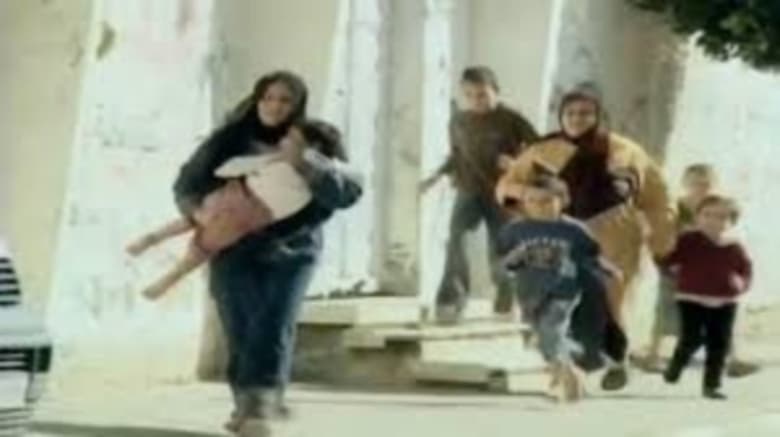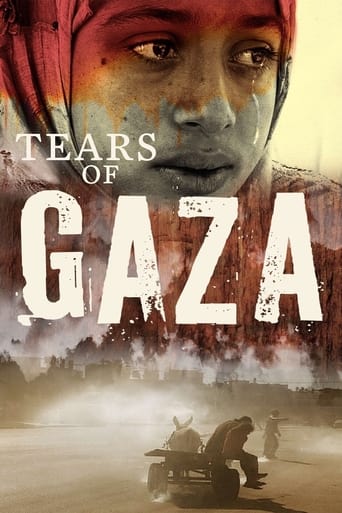
In a rough style, by way of unique footage, the brutal consequences of modern wars are exposed. The film also depicts the ability of women and children to handle their everyday life after a dramatic war experience. Many of them live in tents or in ruins without walls or roofs. They are all in need of money, food, water and electricity. Others have lost family members, or are left with seriously injured children. Can war solve conflicts or create peace? The film follows three children through the war and the period after the ceasefire.
Similar titles
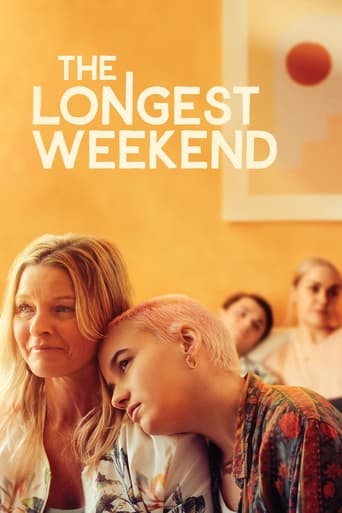
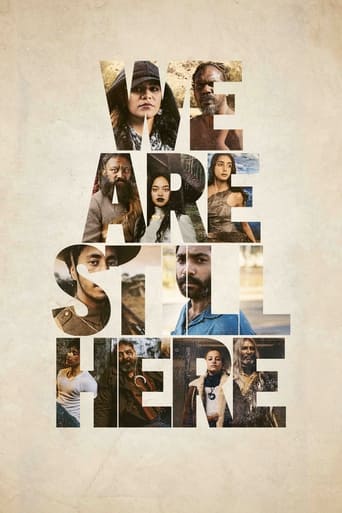

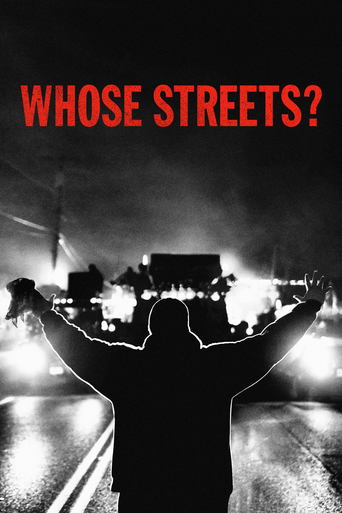

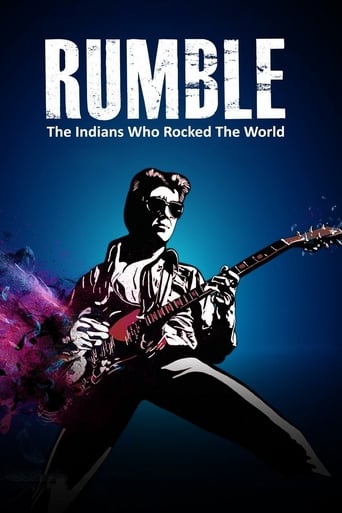
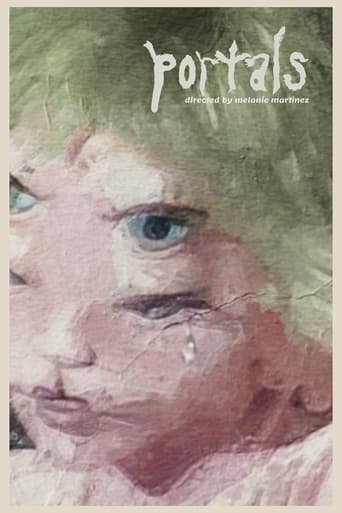
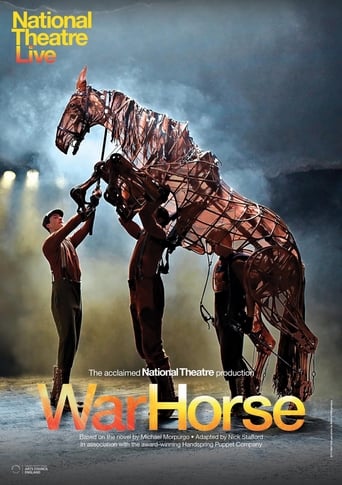
Reviews
Too much of everything
the audience applauded
In truth, there is barely enough story here to make a film.
A movie that not only functions as a solid scarefest but a razor-sharp satire.
Norwegian author, actress, screenwriter, producer and director Vibeke Løkkeberg's documentary feature which she wrote and which was made in collaboration with the people of Gaza, is inspired by her observations of children's faces on television and her perception about the population being unfairly stigmatized as terrorists. It premiered in the Reel to Reel section at the 35th Toronto International Film Festival in 2010, was shot by citizens of Gaza and is a Norwegian production which was produced by producer Terje Kristiansen. It tells the story about a fourteen-year-old girl named Amira Fat-hi Dawood El Eren, a twelve-year-old boy named Yahya Subh and an eleven-year-old girl named Rasmia Al- Sultan. Distinctly and subtly directed by Norwegian filmmaker Vibeke Løkkeberg, this quietly paced reportage which is narrated from multiple viewpoints though mostly from the point of view of three Palestinian children, draws a direct and abrupt portrayal of what the situation and conditions were like for the civilians during a war where they became the victims of the battles between terrorist groups and military forces from the state of Israel who declared their independence in 1948, the state of Palestine who declared their independence in 1988 and who both have claimed the Gaza Strip as their territory and Jerusalem as their capital city. While notable for its real milieu depictions and reverent cinematography by cinematographers Yosuf Abu Shreah, Saed Al Sabaa, Mwafag Al Khateeb and Julie Kristensen, this observational story about the people of a former British colony formerly governed by Egypt (1948-1967), Israel (1967-1994) and then under Palestine authority from 1994, an ongoing historical conflict with political and sectarian undertones and a territorial war between the two middle eastern republics and countries of Israel where most of the population are Israeli Jews and Palestine where most of the population are Sunni Muslims and Arab Christians, emphasizes its attention on the children and families, is so subjective that it risks being regarded as populism and contains a timely score by composers Lisa Gerrard and Marcello De Francici. This recurrently relevant, bilaterally atmospheric and crucially humane documentary feature from the early 2010s which is set in the early 21st century in a city called Gaza in the Levant region during the presidency of Shimon Peres in Israel, Mahmoud Abbas in Palestine and the Gaza War (2008-2009) which resulted in both Palestine and Israel casualties, which lasted for twenty-two days, and where the executioners were praying on the lives of the civilians who were sacrificed for the jurisdiction of an area, is impelled and reinforced by its cogent narrative structure, subtle continuity, multiple perspectives, commendable footage, non-political approach and scenes of the children. A bravely veracious authentication.
Gazas tårer/ Tears of Gaza by Vibeke Løkkeberg is up there with other Greate documentaries like Bowling for Columbine By Michael Francis Moorend,Farenheit 9/11 and Arnas Children By Juliano Mer Khamis and Danniel Danniel!Its a disturbing documentary who presents the terror and the impact of the terror,by and on the traumatized children of Gaza in Palestine.The scene that struck my heart, and that I shall never forget is showing a little girl who is standing inside his room and agitated tells the cameraman that gas bombs have destroyed all her clothes and favorite things. "What is she supposed to wear? everything is ruined! "She is 4 or 5 years old!It is a documentary that will make you feel! And it may also cause you to act! I wish you a great viewing experience! This movie you will not forget!With lots of love frame Norway! ..Peace!!!
A piece i did for a human rights class at the screening at UCSB in 2011: Vibeke Lokkeberg's Tears of Gaza attempts to capture the horrifying atmosphere during the 2008-2009 assault upon Gaza by the Israeli military. The footage is raw, disturbing, and yet meaningful. Present at the screening, Lokkeberg states her goals were simple: to capture the Palestinian victims in the 22 day conflict because no journalists were allowed inside Gaza at that time. At times you cannot help but feel certain scenes are staged, and this only hurts the film because it allows those that do not want to like the film the ability to discount it entirely. Both the director and producer came off as unbiased towards the political setting of the film, arguing that both sides are victims of a war that started hundreds of years ago or which they have no "part" of or answer to. But they did come off as big proponents of human rights, and it showed as an underlying theme in Tears of Gaza. The film uses video from the citizens of Gaza as evidence of what took place, and all the footage is very personal and hand-held. In one scene the camera is running towards a house after a bombing, and citizens are digging through looking for survivors. They slowly find one body after another of toddlers, 4 of them, decapitated, bloodied—lifeless. In another scene that I personally found upsetting there are 3 babies, not more than 2 or 3, each with an execution shot (close range, precise, kill-hits) to their head or chest.The Israeli-Palestinian conflict relates to themes in class on multiple levels. There is an argument, especially recently with the information leaked by Wikileaks that there is a large element of exclusionary ideologies sanctioned by the Israeli government. In addition, there claims that Israel violates multiple agreements adopted in the Geneva conventions, particularly when dealing with the treatment of civilians— the film made it clear that, at times the Israeli military fails to make the distinction between combatants and civilians. The film did specify its documentation on the innocent, and in that sense I do believe that there is also a call for international intervention, or at the very least, knowledge of the true situation. What is clear in Tears of Gaza is that there are things happening to Palestine that should happen to no one, even in times of war—the Israelis indiscriminately kill children, fathers and mothers, and maybe intentionally, the future generations of Palestine. Both Israel and Palestine committed war crimes by killing civilians. The only distinction is the capability of each side. Israel uses a realism argument saying that Palestinian militants fired from civilian areas, and thus their systematic attacks on these areas were justified. Israel is a military powerhouse, containing one of the world's strongest militaries, effective intelligence, and advanced technology. They knew where they were firing, and what each shot was going to do. The Palestinians are still decades back in killing capability—firing rockets and mortars. The fact is ~1400 Palestinians were killed in the conflict, ~300 of which were children—Israel lost 13 people, of which 1 at the most was a child (numbers vary depending on your source). A life is a life, and there is no argument that each side violated various human rights from this war, but the sheer numbers should say something regarding the magnitude of these violations. I gathered a lot from the film due to the American media portraying are Israeli allies biasedly—I can better than before empathize with the Palestinians. Tears of Gaza did not show me who was wrong in this on-going struggle between the warring states, but it did show me the harsh reality that neither side is right.
You can compare Tears of Gaza with Passion of the Jew by Mel Gibson in South Park. It is only 90 minutes of people getting slaughtered. I understand that the world should see how horrible Palestine got it, but is it really necessary to show it for 90 minutes? This film does nothing but show one perspective of the conflict, that is OK, but we do not get any briefing on why they are being bombed, we don't even see who the bombers are nor hear anything from them at all. I believe that the film would express more sympathy for Palestine if they i confronted Israel with the photos the got; how can this sort of action be defended? During the film we get three stories from three different children. Yet we also get stories from others during the film, I believe they try to create more sympathy when they hear stories from children. This does not work for me, the stories are also mixed with others and the storyline in this film is... well... a pathetic attempt to get sympathy.I agree that the world should see how they have to live day by day, but this is not the way.
Top Streaming Movies











